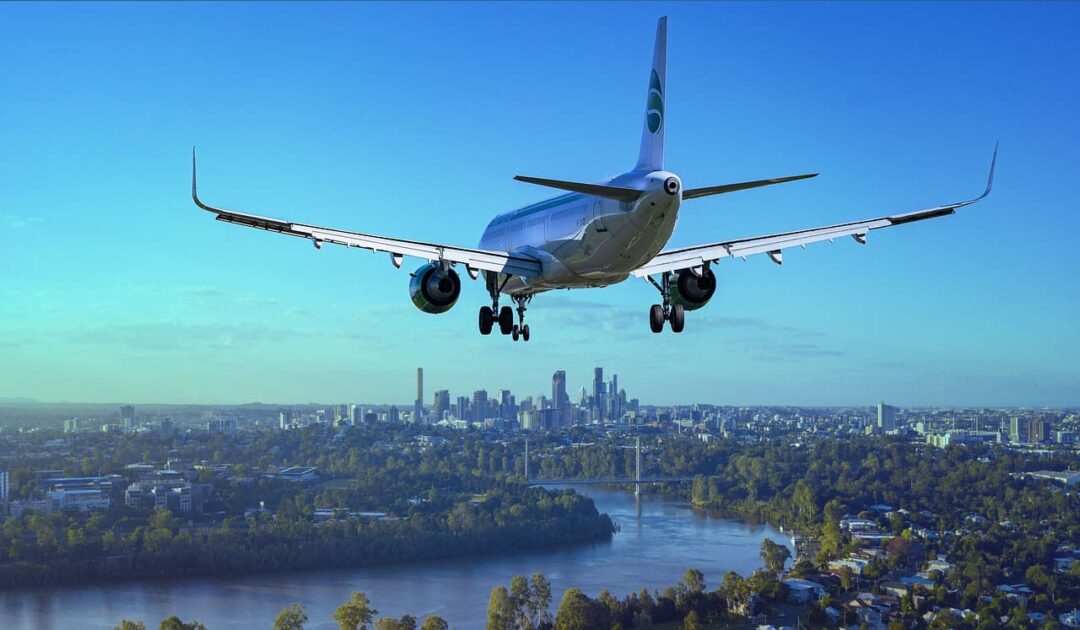The airline industry is no stranger to turbulence, but in today’s fast-paced and constantly evolving world, airlines face a unique set of challenges. From economic fluctuations to environmental concerns and technological disruptions, the industry must adapt and innovate to stay competitive and successful. This article explores the challenges airlines face in the modern era and the strategies they employ to overcome them.
I. Economic Challenges
Fuel Prices
- The volatility of oil prices remains a significant concern for airlines. Fluctuations in fuel costs can greatly impact an airline’s profitability. To mitigate this challenge, many airlines have turned to fuel-efficient aircraft and hedging strategies to stabilize fuel expenses.
Competition
- Fierce competition within the industry puts pressure on airlines to reduce fares, leading to thinner profit margins. Airlines must focus on cost-cutting measures, streamlining operations, and enhancing customer value to maintain their edge.
Regulatory Hurdles
- Airlines are subject to numerous regulations, ranging from safety standards to environmental requirements. Staying compliant while also adapting to evolving regulations is an ongoing challenge that requires a keen focus on compliance management.
II. Technological Disruptions
Digital Transformation
- The digital revolution has transformed the way airlines interact with passengers. Airlines must invest in modern booking systems, mobile apps, and digital marketing to enhance customer experiences and stay competitive.
Cybersecurity
- As airlines become more reliant on technology, they also become susceptible to cyberattacks. Protecting customer data and ensuring the security of critical systems are paramount concerns for airlines.
Aircraft Technology
- Airlines must constantly upgrade their fleets to improve fuel efficiency, reduce emissions, and enhance passenger comfort. Investing in the latest aircraft technology is vital to remain competitive and environmentally responsible.
III. Environmental Sustainability
Carbon Emissions
- Airlines are under increasing pressure to reduce their carbon footprint. Strategies like investing in more fuel-efficient aircraft, adopting sustainable aviation fuels, and implementing carbon offset programs are becoming crucial.
Noise Pollution
- Communities around airports are concerned about noise pollution. Airlines must work on noise reduction measures and flight path optimization to maintain good relations with local residents.

IV. Changing Consumer Expectations
Passenger Experience
- Passengers today expect a seamless and enjoyable travel experience. Airlines need to invest in comfortable seating, in-flight entertainment, and quality customer service to meet these expectations.
Health and Safety
- The COVID-19 pandemic has heightened concerns about passenger health and safety. Airlines must continue to implement robust hygiene protocols and adapt to changing regulations and customer expectations.
Strategies for Success
Diversification
- Airlines are expanding their services beyond traditional flights. Diversification into areas such as cargo, maintenance, and loyalty programs can provide additional revenue streams.
Alliances and Partnerships
- Collaborations with other airlines, as well as partnerships with hotels and travel agencies, can increase a carrier’s global reach and offer passengers more options.
Sustainability Initiatives
- Airlines are committing to sustainability goals by investing in renewable energy sources, adopting greener technologies, and exploring innovative solutions to reduce their environmental impact.
Data Analytics
- Airlines are harnessing the power of data analytics to optimize operations, personalize passenger experiences, and make informed decisions about routes, pricing, and customer preferences.
Agile Business Models
- Flexibility and adaptability are crucial in the ever-changing airline industry. Airlines that can pivot quickly to respond to market shifts and emerging trends are more likely to thrive.
V. Employee Engagement
Workforce Challenges
- Airlines rely heavily on skilled employees, from pilots and cabin crew to ground staff and maintenance teams. Attracting and retaining top talent is a persistent challenge, and airlines must invest in training and development programs, as well as competitive compensation packages, to ensure a skilled and motivated workforce.
Employee Wellbeing
- The COVID-19 pandemic underscored the importance of employee wellbeing. Airlines have recognized the need for robust health and safety measures to protect their staff and ensure business continuity. Prioritizing employee health is not only ethical but also contributes to operational stability.
VI. Government Support and Policy
Subsidies and Bailouts
- During times of crisis, such as the COVID-19 pandemic, airlines often require government support to stay afloat. Government subsidies and bailouts can provide a lifeline, but they also come with regulatory and political challenges that airlines must navigate carefully.
Regulatory Environment
- Government policies, including regulations on routes, safety standards, and international agreements, have a profound impact on the airline industry. Airlines need to engage in lobbying efforts and collaborate with government agencies to shape policies that are conducive to their success.
Conclusion
The airline industry’s ability to overcome today’s challenges and ensure future success depends on its capacity to innovate, adapt, and respond effectively to economic, technological, environmental, and customer-related challenges. By implementing the right strategies and remaining agile in the face of change, airlines can continue to navigate turbulent skies and reach new heights of success.